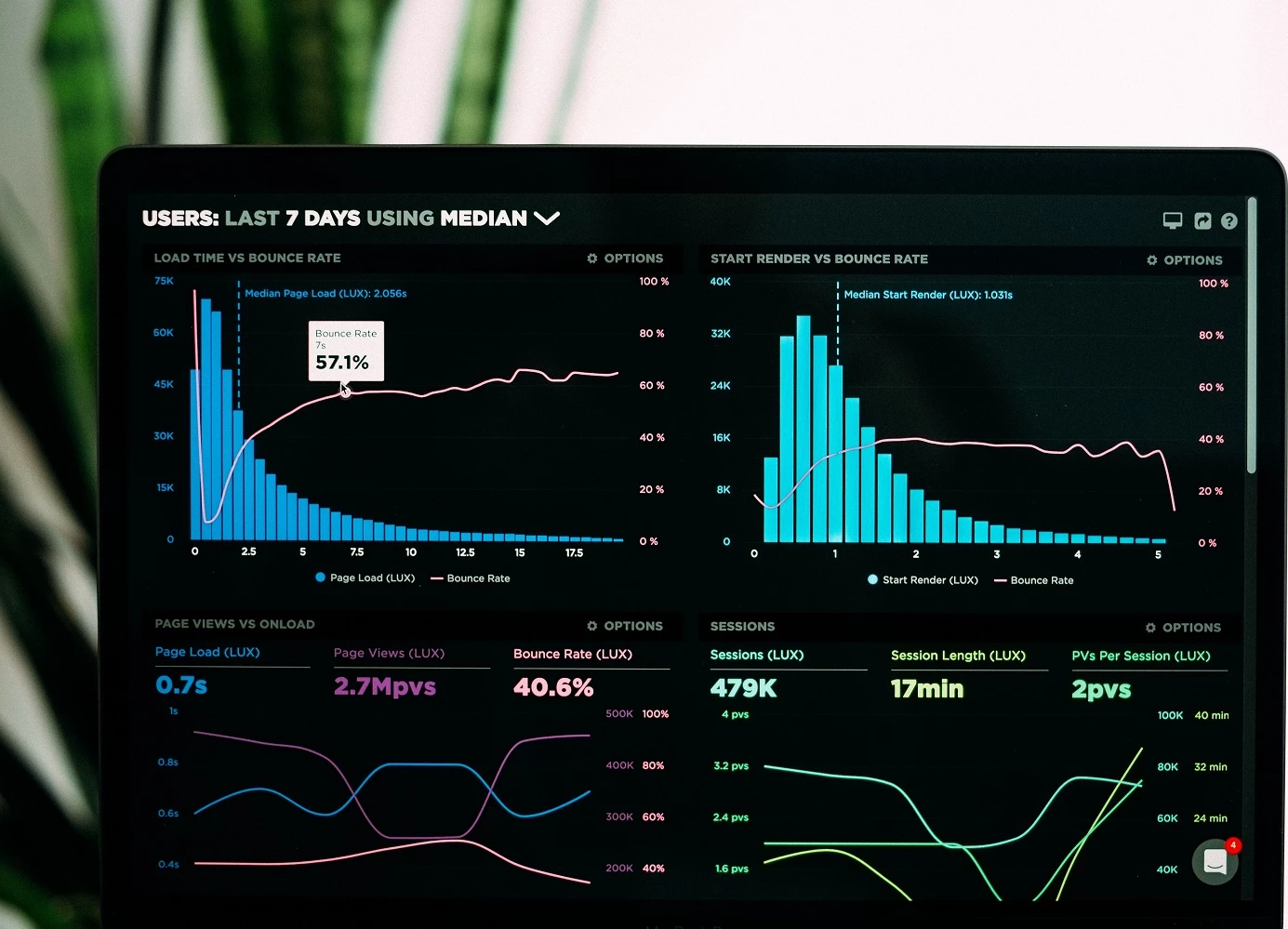
Partner Article
Data Growth: Research Highlights Collection Shortcomings
Over half (54%) of IT decision makers have expressed a need for larger-scale data collection as appetite for data continues to grow amongst businesses.
The findings, published by Luminati Networks and generated in partnership with the leading research firm Frost & Sullivan, explored the data usage from 128 IT decision makers from industries including retail, financial services, travel, security, brand protection and marketing. Almost half of respondents said they use data collection for business critical operations such as market research (49%), collection of competitive public data (44%) and price comparison (7%).
Despite the wide useage of data, nearly two-thirds (65%) of businesses are yet to deploy enterprise solutions for collecting data at scale. Or Lenchner, CEO of Luminati Networks, believes this is holding businesses back:
“These findings highlight that brands from a wide range of sectors are using data collection for market research and gaining strategic insights, but capacity issues and the inability to unlock geographical-based online data, are still causing roadblocks across the board,”
Lenchner continued: “To benefit from the valuable insights that data can provide, brands need to be working with partners who can deliver the capability to collect the right data, in the required volumes, fast. Failure to do this will see brands fall behind in their respective sectors and that’s why they must act now.”
This was posted in Bdaily's Members' News section by Luminati Networks .








 £100,000 milestone drives forward STEM work
£100,000 milestone drives forward STEM work
 Restoring confidence for the economic road ahead
Restoring confidence for the economic road ahead
 Ready to scale? Buy-and-build offers opportunity
Ready to scale? Buy-and-build offers opportunity
 When will our regional economy grow?
When will our regional economy grow?
 Creating a thriving North East construction sector
Creating a thriving North East construction sector
 Why investors are still backing the North East
Why investors are still backing the North East
 Time to stop risking Britain’s family businesses
Time to stop risking Britain’s family businesses
 A year of growth, collaboration and impact
A year of growth, collaboration and impact
 2000 reasons for North East business positivity
2000 reasons for North East business positivity
 How to make your growth strategy deliver in 2026
How to make your growth strategy deliver in 2026
 Powering a new wave of regional screen indies
Powering a new wave of regional screen indies
 A new year and a new outlook for property scene
A new year and a new outlook for property scene